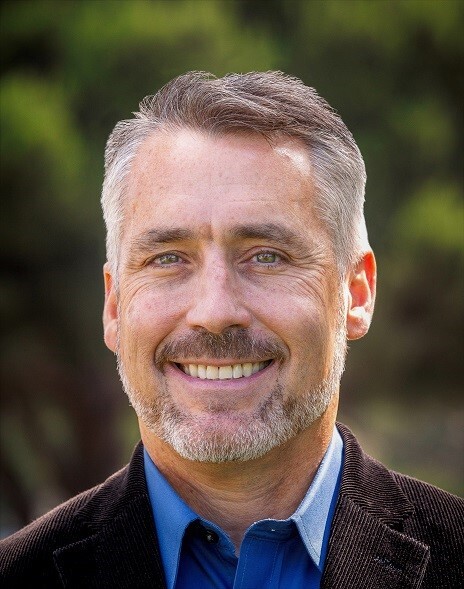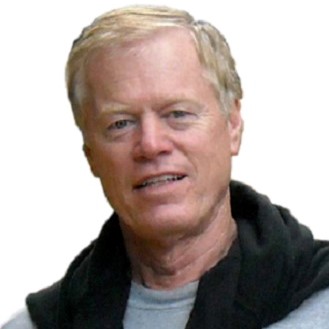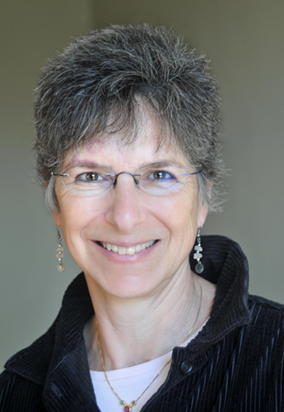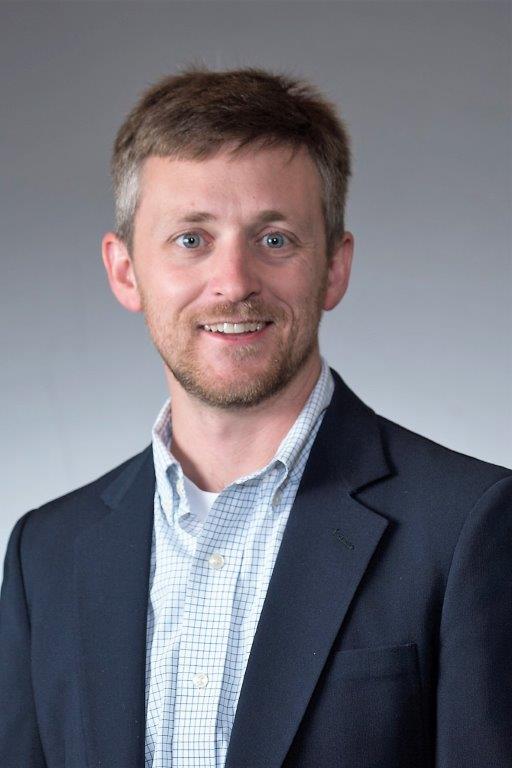 By Ryan Smith
By Ryan Smith
Assistant University Ombudsperson, Michigan State University
I started jotting down some notes for this post a few months ago, before the world was turned upside down. The changes and disruptions brought about by COVID 19, the murder of George Floyd, the subsequent protests, and debate around police reform have fundamentally changed the society in which we live. Many of us are waking up to a reality that others among us have been aware of for quite some time, that the old ways of doing things are often rooted in systems of oppression and inequality, and now is the time to reconsider what, how, and why we do many things that we have likely taken for granted. While the public debate around policing continues, we also need to look inward and consider the roles that we as ombuds play in our communities and organizations.
When I tell people that I am an ombuds, this is almost always followed by a puzzled expression and the question “what’s that?” My short answer to this question is that an organizational ombuds helps people navigate conflict with and within an organization. In beginning my post with this, I am providing a simple definition of our work. Conflict resolution work is complex and multifaceted, and ombudsmanry is just one way to approach it. One important constant, something that I must remind myself regularly in my work, is that the overriding value in conflict resolution work is in relationships and human connection. If these things weren’t important to us, we would have no need for conflict resolution work. Human relationships and connections, then, are essentially at the heart of the work we do.

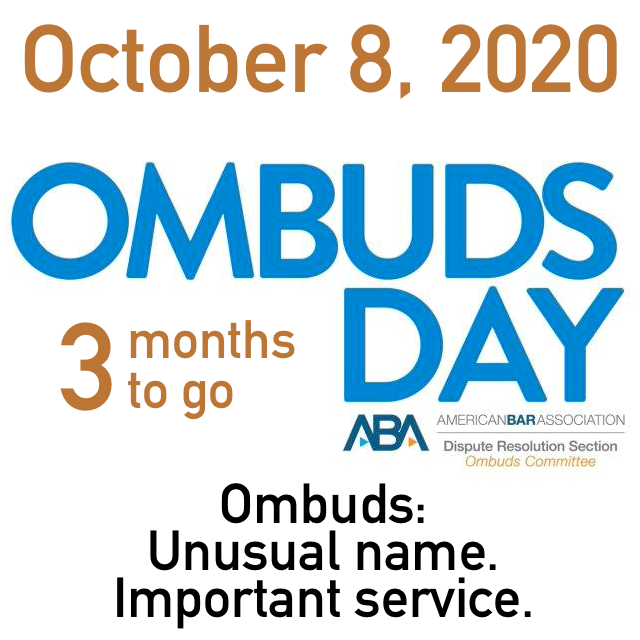
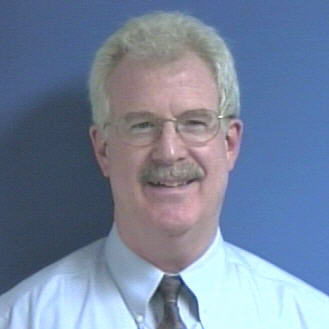 By Dave Carver, PhD
By Dave Carver, PhD By Ryan Smith
By Ryan Smith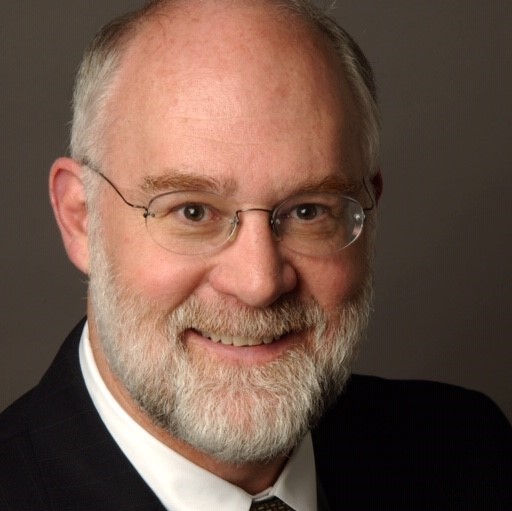
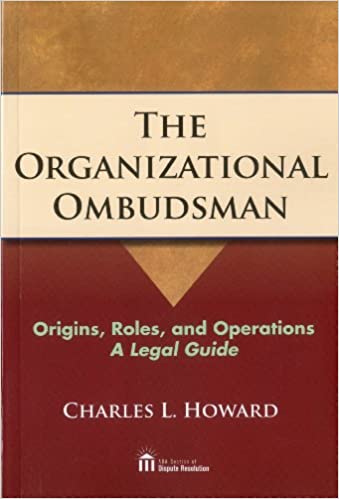
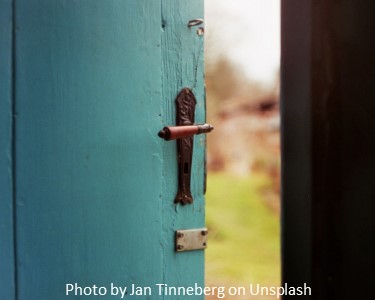 By Prof. Mary Rowe, MIT
By Prof. Mary Rowe, MIT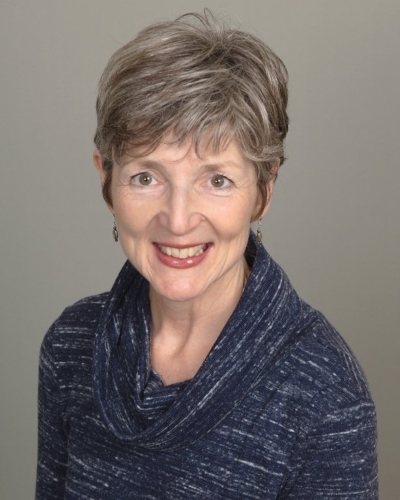
 By The Independent Voice Editorial Team
By The Independent Voice Editorial Team